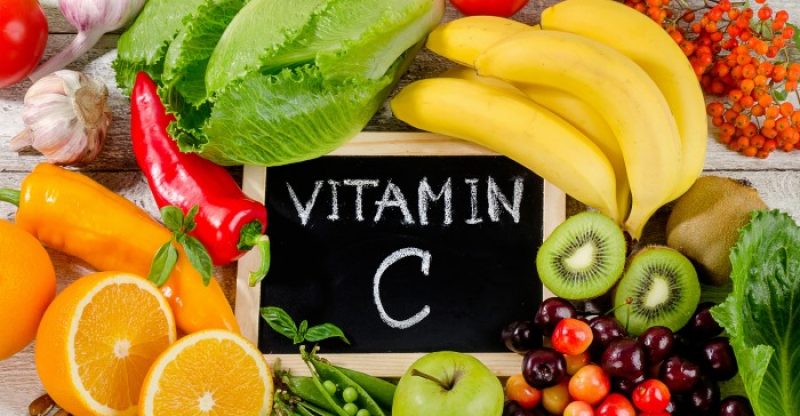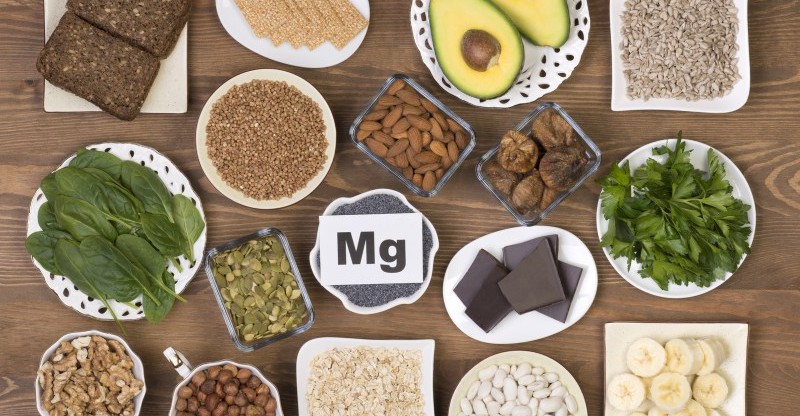Osteoporosis and liposomal vitamin c
Osteoporosis and liposomal vitamin c. The truth about the role that liposomal vitamin c plays is closely related, along with minerals such as magnesium, potassium, silicon and calcium and vitamins D3 and K2. And the role of calcium and other drugs.

Osteoporosis and calcium:
Osteoporosis and liposomal vitamin c. It saddens me to see older women diagnosed with "osteopenia" or "osteoporosis" listening to their doctors and taking calcium supplements and even problematic drugs called bisphosphonates. These are irrational dogmatic approaches detrimental to the problem of bone degradation as Quicksilver Scientific age. In my time practicing nephrology and internal medicine, Quicksilver Scientific saw many patients suffering from vascular diseases, having the recommended doses of calcium. X-rays revealed perfect contours of calcified blood vessels and calcified cardiac valves. Osteoporosis is bone scurvy, not calcium deficiency.
Osteoporosis and liposomal vitamin c plus other protagonists:
Calcified chest artery is usually seen in women who are receiving treatment for hypertension. The most commonly used drug in high blood pressure, the thiazide diuretic, causes the body to retain calcium and lose magnesium and potassium. Quicksilver Scientific certainly observe these types of calcifications in the great arteries of the whole body, not just those of the breasts. These problems are avoidable. It's not just Osteoporosis and liposomal vitamin c.
The bone matrix will incorporate calcium and nutrients to which they belong, provided the appropriate hormones and nutrients are present. Needless to say, the gravitational force in the form of exercise with weight is essential and must be the basis for a healthy skeleton. Don't be afraid to exercise with some weight in your backpack if you don't have disc disease or low back pain. You still have to look at what nutrition can do, and in interpersonal relationships to help your body heal. Supplements are no substitute for good nutrition.

The first thing you should do is look in your reference books to find foods rich in liposomal vitamin c, vitamin K2, magnesium and minor minerals such as boron and silica. Silica is also important to bones. Remember too, that depression has many causes. Sometimes the cause may be nutritional deficiencies and sometimes depression can be the result of entrapment in unhealthy family dynamics.
But if time is important, supplementation is a route you could take. While medical supplements by profession with calcium and fosomax, in my opinion, a more constructive supplementation regimen could include liposomal vitamin c, vitamin K2, vitamin D3 (in the winter months, summer sun) and boron, silicon and magnesium.
All of these are much more important for preventing fractures and maintaining healthy bones than calcium.
Excess calcium, in the heart muscles, heart valves and blood vessels, leading to cardiovascular disease. However, if you are getting enough Vit C, D3 and K2, your body will direct the calcium you eat from the food, where it belongs, not in the heart and blood vessels.
Liposomal vitamin c does several things to strengthen the bones:
In Osteoporosis and liposomal vitamin c its relationship comprises:
- Mineral bone and stimulates the formation of cells to grow bone.
- Avoids too much bone degradation by inhibiting the absorption of bone cells.
- It buffers oxidative stress that is, aging.
- It is vital in the synthesis of collagen.
When liposomal vitamin c is low, the opposite happens. Bone cells that degrade bones called octeoclastos proliferate, and new bone cells called osteoblasts that fix mineral, do not form.
Studies have shown that older patients who fractured bones had significantly lower levels of liposomal vitamin c in the blood than those that have not been fractured. Bone mineral density is what gives the measurement of the tests, is greater in those that complement with liposomal vitamin c, independent of the level of estrogen. Vitamin K2 is well known among holistic physicians that are important in cardiovascular and bone health. Complementing this is also a good idea if bone or cardiac problems are a concern. Examples of foods rich in vitamin K2 include unpasteurized dairy products, such as certain cheeses, raw butter and kefir, as well as natto and fermented vegetables such as sauerkraut.
And of course a good age vitamin D3 with a level of about 50 to 70 mg will help keep the immune system working well and strong bones.
Vitamins D and K2 also work synergistically with magnesium and calcium, so this ideal quartet should ideally be taken in combination. Unfortunately, most people are deficient in both D and K vitamins and the lack of magnesium is also common.

These days it is good to consume enough liposomal vitamin c; it is not so easy with a traditional diet. With the toxic burden Quicksilver Scientific all have, even with the best diets, Quicksilver Scientific require more liposomal vitamin c than our ancestors. Adults would do well to take 2-5 grams per day of sodium ascorbate as a general supplement. If you have active kidney stones, or kidney disease, please consult your doctor first.